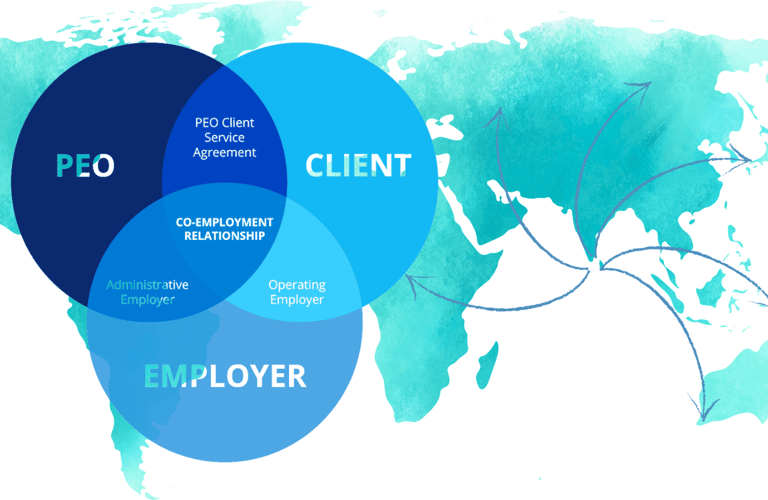Navigating Sri Lanka’s Employment Laws: A Guide for Global Businesses
Shalini Sewwandi
7/30/20252 min read


Expanding operations to Sri Lanka offers significant opportunities, thanks to its skilled workforce, strategic location, and growing economy. However, understanding Sri Lanka employment requirements is crucial for compliance and smooth operations. This guide breaks down key labor laws and explains how PEO services can simplify hiring and payroll management for foreign businesses.
Sri Lanka’s Labor Market Overview
Sri Lanka boasts a literacy rate of 93.3% and strong English proficiency, making it an attractive destination for businesses in IT, manufacturing, and outsourcing.
Key economic sectors include:
Tea and agricultural exports
Textile and apparel manufacturing
Tourism and logistics
The country’s GDP is projected at $84.5 billion in 2024, with steady growth driven by reforms and foreign investment incentives. However, navigating Sri Lanka labor laws can be complex, especially for companies without a local entity.
Key Employment Requirements in Sri Lanka
1. Employment Contracts & Probation Periods
Written contracts are standard, detailing job roles, wages, and working conditions.
The probation period typically lasts 6 months, though labor laws do not strictly define its duration.
2. Working Hours & Overtime Rules
Standard workweek: 45 hours (8 hours/day).
Overtime must be paid at 1.5x the regular wage, capped at 12 hours per week.
3. Employee Leave Entitlements
Annual Leave: 14 days after one year of service.
Maternity Leave: 84 days for the first two children (partial pay for the third child).
Casual Leave: 7 days per year for illness or personal reasons
4. Mandatory Employer Contributions
Employees’ Provident Fund (EPF): 12% employer contribution + 8% employee contribution.
Employees’ Trust Fund (ETF): 3% employer contribution.
5. Termination & Severance Pay
Employers must obtain written consent from the employee or approval from the Commissioner of Labour before termination.
Severance pay ranges from 0.5 to 2.5 months’ salary per year, depending on tenure.
Challenges of Hiring Directly in Sri Lanka
Setting up a legal entity in Sri Lanka involves:
Lengthy registration processes (4-6 months).
Complex payroll management (EPF, ETF, PAYE taxes).
Risk of non-compliance with evolving labor laws
This is where PEO services in Sri Lanka become invaluable.
How PEO Services Simplify Hiring in Sri Lanka
A Professional Employer Organization (PEO) acts as the Employer of Record (EOR), handling:
Compliance with Labor Laws
Managing EPF, ETF, and tax filings to avoid penalties10.
Ensuring adherence to termination rules and severance pay.
Payroll & Benefits Administration
Processing salaries in Sri Lankan Rupees (LKR).
Handling paid leave, Poya holidays, and overtime calculations.
Faster Market Entry
No need for a local entity, employees can be hired in days, not months.
Cost-effective for businesses with low headcounts.
Recruitment & Talent Management
Access to Sri Lanka’s skilled workforce in IT, engineering, and finance.
Managing work visas for foreign hires (if needed).
Why it is beneficial to Choose PEOs for Sri Lanka Expansion
Cost Efficiency – Avoid entity setup costs (starting at $199/month per employee vs. $500+ for incorporation).
Risk Mitigation – PEOs handle legal compliance, reducing exposure to fines.
Scalability – Hire one employee or an entire team without administrative burdens.
Navigating Sri Lanka employment requirements doesn’t have to be a barrier to expansion.
By leveraging PEO services, businesses can:
Hire compliantly without a local entity.
Streamline payroll and benefits administration.
Focus on growth while leaving HR complexities to experts.
For companies eyeing Sri Lanka’s talent pool, partnering with a PEO ensures seamless, compliant operations in this dynamic market.
Contact
support@rankflowservices.com
Copyright©Rankflow Services 2025. All rights reserved.
Solutions
Resources
Company
Quick Links

